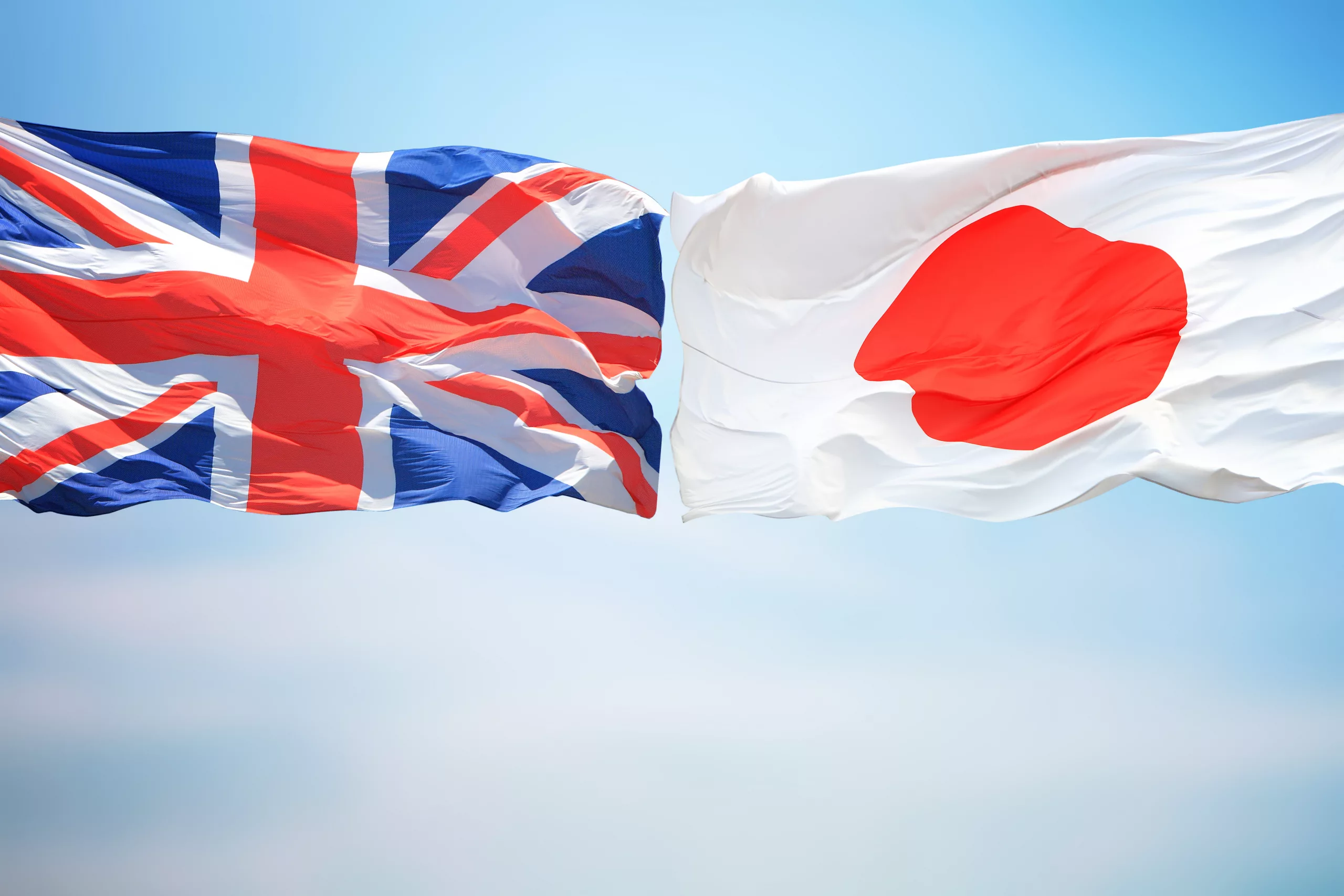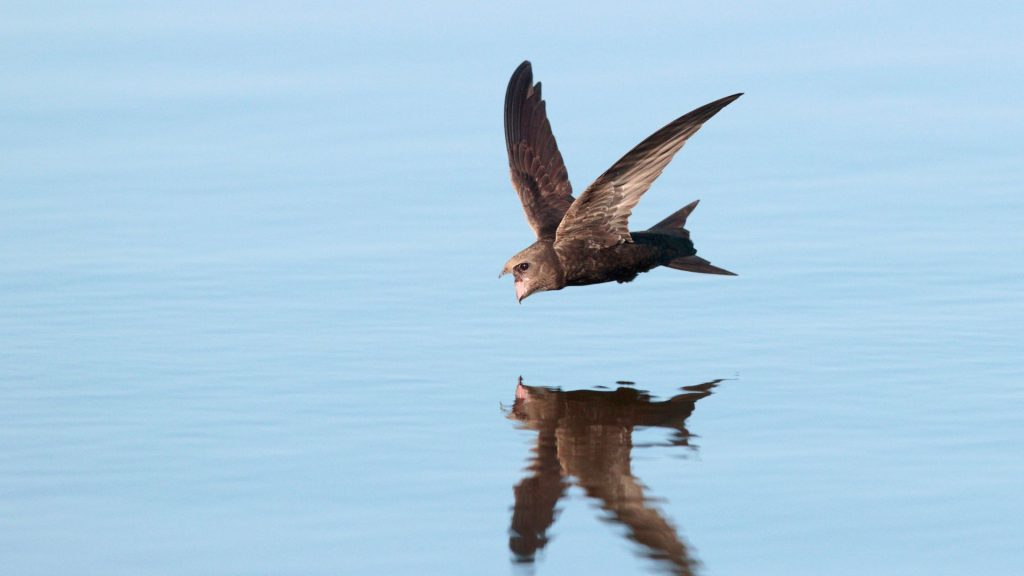It would hardly be controversial to say that the 2020s are shaping up to be one of the more challenging decades since 1945. With a global pandemic, rolling economic crises, the return of war to Europe, and increasingly poisonous great-power politics, it’s easy to see shades of the 1920s and even the 1930s in today’s events (although, frankly, the seventeenth century might be a better comparison).
Britain, as a middle power, is particularly at risk – big enough to be caught up in global crises, but no longer powerful enough to ride them out alone, or singlehandedly shape responses to them. In the years to come, we’ll need all the allies we can get – particularly in the aftermath of Brexit, and even more so as the United States becomes more mercurial and oddly hostile to British interests.
As the balance of world power shifts east, Britain needs to adjust to new realities: the course of the coming century will be decided in Beijing, Tokyo, Jakarta and New Delhi, not Washington or Brussels. Westminster should act accordingly, as it shows encouraging signs of doing so (most of the time).
How fortunate, then, that Anglo-Japanese relations are better than ever. Japan has stood by the UK since Brexit and is fast becoming one of our strongest, most reliable allies. Japan and Britain make natural partners: we share many of the same values and interests. Today, both the UK and Japan are dedicated to upholding the international rule of law, and promoting free trade in an increasingly protectionist global economic environment. Indeed, ‘Global Britain’ has much to learn from Japan, which has proven itself to be a network power par excellence, reaping the benefits of decades of sustained, positive engagement around the world, and offsetting the impacts of demographic decline and economic stagnation.
This burgeoning alliance is not unexpected: Britain and Japan have a long history together. The first contact was in 1600, when Will Adams, a Kentish sailor, washed ashore in Kyushu. Over the next twenty years he overcame language and cultural barriers to become one of the few foreign samurai.
After Japan reopened to the world in the nineteenth century, British diplomats and merchants were at the forefront, helping the Meiji government modernise – Scots above all. The grounds were laid for a constructive future partnership at every level: even between the House of Windsor and the Japanese Imperial Family (a relationship that has stayed warm: King Charles is said to be a good friend of both Emperor Emeritus Akihito and Emperor Naruhito, who has been a confirmed Anglophile since his days at Oxford; and made a rare trip outside of Japan to attend the Queen’s funeral).
Increased engagement and mutual admiration led to the Anglo-Japanese Alliance of 1902, the first formal partnership between a western and an Asian power. The Alliance lasted twenty years, before it fell apart under American pressure, as they moved to counter a rising Asian rival who threatened their interests in the Pacific (history really does rhyme, it would seem). Relations soured, culminating in all-out war between 1941 and 1945, during which Japan behaved with atrocious ferocity.
The Second World War devastated Japan, and led to the collapse of British global power. The scars of the conflict have never really healed for either country. But the two were reasonably quick to re-establish relations, and thankfully the war now seems like a temporary aberration in an otherwise unbroken record of partnership: future emperor Akihito was a guest at the coronation of Queen Elizabeth II just eight years after the Japanese surrender.
Bilateral ties were steadily built between the 1960s and 1980s, particularly as Japan’s economy soared, and continued through the ‘Lost Decades’. They have only grown warmer, and as we reach the centenary of the end of the Anglo-Japanese Alliance, it would appear as if it has been resurrected for a newly challenging world. Today, Japan and Britain co-operate in every field: from economic partnership, to diplomatic alliances, to military engagement.
Japan is the second-biggest foreign investor in the UK, after the US, pouring in £92 billion to the British economy in 2021, the most recent year for which figures are available. Japanese companies, from Nissan to Nomura, employ 180,000 Brits – 10,000 of them in Scotland. Between us, we traded £27.7 billion in goods and services in 2022 – up 21.3% from the previous year.
In 2020, Japan and the UK signed a major free trade deal, the first big post-Brexit deal with another G7 economy, that removed tariffs on 99% of exports and paved the way for further co-operation. (Although it was nearly derailed by – who else? – Liz Truss, after she demanded special terms for the export of Stilton cheese, perhaps forgetting that most Japanese are lactose intolerant).
This agreement paved the way for Britain’s accession to the CPTPP trading bloc, which was quietly endorsed and encouraged by Japan. Although the deal has attracted the usual naysayers, it is undoubtedly a huge win for the UK, and proof that we are beginning to think seriously about the Asian Century. The CPTPP came into being after the Americans unilaterally abandoned its predecessor, the Trans Pacific Partnership, in 2017 to launch a trade war with China.
Neither the Trump and Biden administrations even considered joining the resurrected deal, and it was left to Japan and Canada to pick up the pieces. The CPTPP is a refreshing reminder that the world’s middle powers can work together to uphold the values of free trade and peaceful co-operation that the great powers seem to have lost interest in, and choosing to join reflects well on the UK. It is worth remembering that it would not have been possible without Japanese help.
But, as the Romans were fond of saying, si vis pacem, para bellum. Upholding free trade is essential, but so is maintaining national and international security. Japan and the UK have not been idle here, either. After seventy years of strict pacifism and demilitarisation – under the terms of the American-authored postwar constitution, rather than an army, navy and air force, Japan is only allowed somewhat clumsily named Self Defense Forces – Japan has begun re-arming, doubling its military budget and passing legislation allowing the Self-Defence Forces to come to the aid of allies. A new aircraft carrier is on the way, as are 100 F-35 fighter jets. But this isn’t all.
Japan is set to be the third partner, alongside Italy, on Britain’s new sixth-generation Tempest fighter jet, intended to replace the Typhoon by the mid-2030s and designed to go toe-to-toe with American, Chinese and Russian equivalents – complete with hypersonic missiles and a mind-reading pilot interface. Japanese technical expertise will go hand-in-hand with British precision engineering to create one of the world’s best fighting aircraft, and allow total interoperability between the RAF and the Japan Air Self Defense Force.
It won’t just be British and Japanese fighter pilots working together. The Royal Navy and the Japan Maritime Self-Defense Force have resurrected century-old ties for crew exchanges and shore visits, and plan to work together more in the future, from exercises to joint patrols; while the Army and the Japan Ground Self Defence Force will soon be making the most of a recently-signed reciprocal access agreement. As soon as next year, Japanese troops could be headed for Catterick and Salisbury Plain for the first time.
Further co-operation is planned in cyberspace, a field Japan leads in, and in ensuring security for global microchip production. There have also been calls to further Anglo Japanese cooperation, and bring Japan into AUKUS, or the UK into the Quad. Some have even proposed letting Japan join the Five Eyes intelligence-sharing partnership, although this would mostly be symbolic, as Japan already has access to a huge amount of western signals intelligence, and vice versa.
The 2020s and 2030s will be a huge challenge for the world’s middle powers, especially those dedicated to free trade and peaceful co-operation, as the world begins to be shaped by the new cold war between the US and China. But, as Japan has proved with its quiet leadership and steady multilateralism, there is hope yet. Westminster should thank its counterparts in Tokyo for their faith in the UK – and follow their example on the world stage. It’s not too late to make the best of the challenging situation Britain finds itself in. The Second Anglo-Japanese Alliance might well be the key.
- Sean Paterson
- Sean Paterson
- Sean Paterson
- Sean Paterson
- Sean Paterson
- Sean Paterson
- Sean Paterson
- Sean Paterson
- Sean Paterson
- Sean Paterson
- Sean Paterson
- Sean Paterson







